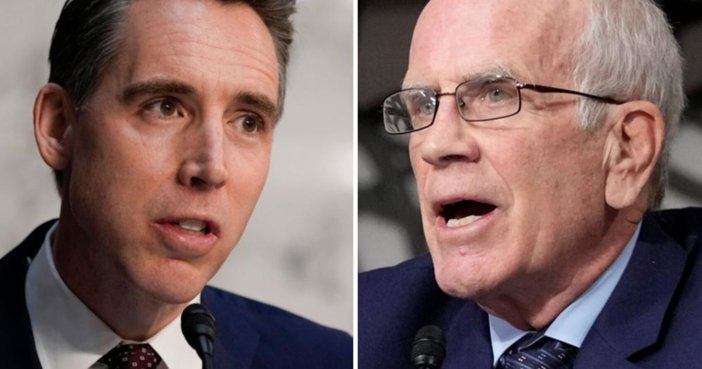
Hawley, Welch Push $15 Minimum Wage Bill
Senators Hawley and Welch introduce bipartisan bill to raise federal minimum wage to $15 and tie it to inflation.
Cross-Party Alliance Seeks Major Wage Reform
Senators Josh Hawley, a Republican from Missouri, and Peter Welch, a Democrat from Vermont, have partnered to introduce legislation that would raise the federal minimum wage to $15 per hour. The bill also includes a mechanism for annual increases based on inflation, marking a significant shift from the long-standing $7.25 hourly rate in place since 2009.
“For decades, working Americans have seen their wages flatline,” Hawley stated. “One major culprit of this is the failure of the federal minimum wage to keep up with the economic reality facing hardworking Americans every day.”
The proposed legislation links future wage increases to the Consumer Price Index for Urban Wage Earners and Clerical Workers, as reported by the Bureau of Labor Statistics. Adjustments would be made annually and rounded to the nearest $0.05. This formula is designed to ensure the federal wage keeps pace with the rising cost of living.
Addressing the Affordability Crisis
Senator Welch emphasized the financial pressures American families face, citing rising costs in housing and groceries. “We’re in the midst of a severe affordability crisis,” Welch noted. “A stagnant federal minimum wage only adds fuel to the fire. Every hardworking American deserves a living wage that helps put a roof over their head and food on the table—$7.25 an hour doesn’t even come close.”
The bill is positioned as a direct response to decades of wage stagnation and the diminishing purchasing power of the dollar. The $15 wage target aligns with long-standing demands by labor advocates who argue that the current rate leaves many full-time workers below the poverty line.
“Times have changed,” Welch added. “Working families deserve a wage that reflects today’s financial reality. I’m proud to lead this bipartisan effort to raise the minimum wage nationwide to help more folks make ends meet.”
The bipartisan nature of the proposal is notable, particularly given Hawley’s alignment with conservative politics. His support for a higher minimum wage contrasts with traditional Republican orthodoxy, and has drawn criticism from some on the right.
In a social media post, conservative commentator Dana Loesch denounced the proposal, calling it “a horrible, progressive idea.” The backlash highlights the ideological divisions the bill is likely to encounter as it advances through Congress.
While the legislation’s passage is uncertain, it signals growing bipartisan concern over the economic hardships facing American workers. The proposal may reignite national debate on wage equity, cost of living, and the role of federal policy in shaping labor markets.






